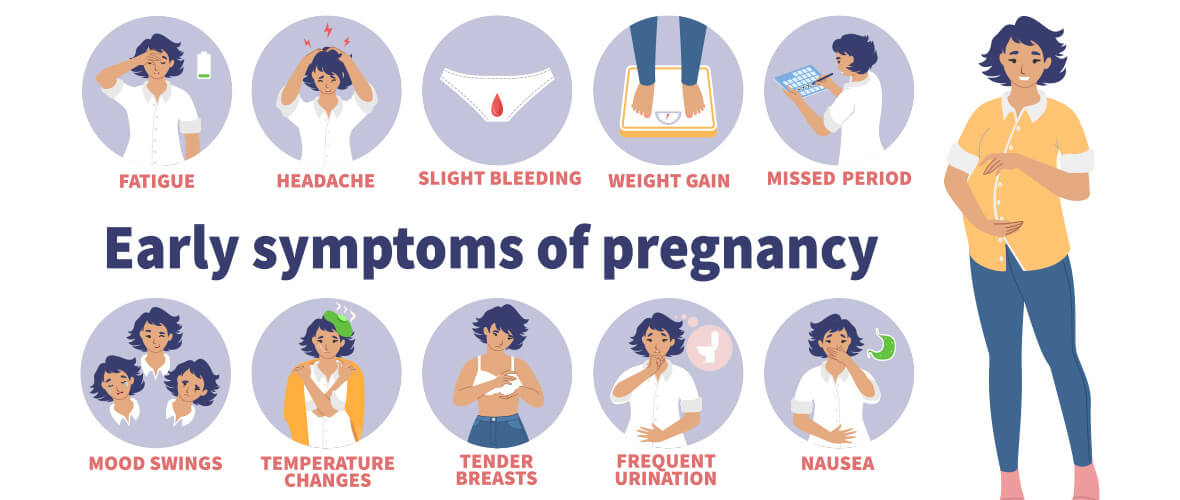Many couples use personal lubricants to enhance the pleasure and comfort of intercourse. Did you know most commonly sold lubricants harm sperm, which can decrease the likelihood that sperm will be able to survive the difficult journey through the cervix and into the fallopian tubes to meet the egg for fertilization? If you’re trying to conceive it’s important to use a fertility lubricant that is “sperm friendly.”
Sperm-Friendly Fertility Lubricants
Needless to say, when it comes to choosing a lubricant when you are trying to get pregnant, the last thing that you want is a product that will harm sperm function. Because the stakes are so high for trying-to-conceive couples, the FDA brought attention to this issue by creating a special category, known as the PEB category, for fertility-friendly lubricants. To be cleared by the FDA as a fertility lubricant, the product must be tested extensively to ensure that is safe for sperm, eggs, and embryos. And, once the products are on the market, the manufacturer of the fertility lubricant is required to test each batch of product to verify that it does not harm sperm motility, survival, or integrity.
Unlike other commercially available sex lubricants, fertility lubricants are specifically tested to ensure that the lubricant has a similar pH and viscosity as semen and fertile quality cervical fluid so that it provides a protective environment for sperm and will allow sperm to swim into and through the lubricant. By matching the quality and consistency of cervical fluid, fertility lubricants supplement your body’s own natural lubrication.
Also, fertility lubricants are screened, both at time of production and throughout the shelf life of the lubricant, for endotoxins, which are toxins produced by bacteria that may harm sperm and eggs even at relatively low levels.
As is the case with most consumer products, making sense of labels and marketing information for lubricants can be a daunting task. To put it simply, the only sure way to know that your lubricant won’t harm sperm is to choose an FDA-cleared fertility lubricant.
Additionally, use the following tips to guide your selection so that your lubricant won’t cause your baby dancing efforts to be in vain.
- Avoid lubricants with a low pH
- Avoid lubricants that contain small penetrating chemicals (for example, glycerol) or paraben preservatives
- Avoid confusing a lubricant labeled as non-spermicidal with an FDA-cleared fertility lubricant
- Avoid lubricants that are labeled as organic or natural but are not FDA-cleared as fertility lubricants, as only the FDA-cleared lubricants are required to undergo testing that shows the product won’t harm sperm or eggs
- Avoid using household oils, as household oils often contain toxic peroxides and inflammatory chemicals that develop over time due to exposure to light, room temperature, and the purity of the oil.
You can check other sites for their reviews of sperm-friendly lubricants.
https://www.healthline.com/health/fertility/fertility-lubricant#1
Our Ultimate Fertility Resource Guide provides the information you need on fertility, tips on how to get pregnant faster, and how to boost fertility through sometimes simple tweaks to your lifestyle and approach. The guide is easy to read and meant for anybody wanting to increase their ability to conceive. It’s a free download and includes coupon codes for essential products. Even free Nightfood Nighttime Ice Cream.






